In one form or another, people and businesses place trust in other individuals (fiduciaries) or organizations to act in their best interest. Such relationships and trust generally revolve around finances and assets.
However, there are instances where the entrusted party fails to act in their client’s best interests. Such breach of trust may come in the form of theft, mismanagement, or failure to perform required duties. This is why in business and commercial litigation, claims of breach of fiduciary are common.
In this article, you’ll gain more insight into the nature of fiduciary claims in North Carolina and whether damages can be awarded in the absence of actual damages.
What Does Fiduciary Duty Entail?
The responsibilities of a fiduciary depend on the nature of the fiduciary relationship. For example, it may involve a duty to maintain adequate records, delegate, inform, etc. But, more importantly, it involves elements such as fair dealing, good faith, trust, loyalty, and impartiality.
What Types Of Individuals Can Breach Fiduciary Duty?
Fiduciary litigation involves a variety of legal cases that may entail, without limitation:
- Will contests/ caveat proceedings
- Trust and estate litigation
- Guardianship proceedings
- Individual and corporate fiduciary duty claims
Fiduciaries can be used in a wide range of situations, and the relationships with beneficiaries also come in different setups. The types of fiduciary relationships include:
- A relationship created by contract – This is a type of fiduciary relationship such as with an attorney and a client.
- A relationship created by statute – These fiduciary relationships involve estate administrations and maybe between administrators and heirs or involve incompetency and guardianship proceedings.
- Circumstantial relationships – These are fiduciary relationships borne out of circumstances such as transactions. It arises when one party is aware that they have the trust and confidence of another to fulfill a particular obligation.
As such, the list of individuals who may qualify as fiduciaries is long and includes attorneys, trustees, court-appointed guardians, accountants, and personal representatives such as administrators and executors.
What Are the Elements of a Breach of Fiduciary Duty?
There has been an evolution in how fiduciary claims are handled in North Carolina courts in recent years. Generally, it’s understood that for a plaintiff to recover damages from a claim for breach of fiduciary duty, they must prove that the breach resulted in harm.
A good example of this is the North Carolina Pattern Jury Instruction, which indicates that it is the plaintiff’s responsibility to prove that “the defendant’s {acts or omissions} proximately caused damage to the plaintiff.”
To put it simply, if the fiduciary is guilty of breach of duty but no harm results in their actions, there is no claim. However, that’s not the case anymore. This has been observed from rulings by the Supreme Court of the United States and even closer home with the North Carolina Supreme Court and the North Carolina Business Court.
Damages Available For Breach Of Fiduciary Litigation on a National Level
On a national level, the US Supreme Court issued that an opinion that a plaintiff can seek redress for a constitutional violation for breach of fiduciary duty even if there is no allegation of actual damage. As a result, the challenged law has been discontinued, as with Uzuegbunam v. Preczewski.
The US Supreme Court’s decision is of significant bearing to fiduciary cases in America for several reasons. This includes setting the precedence plaintiffs need not have suffered actual damages to seek legal recourse. Now, nominal damages can apply in fiduciary litigation cases.
Damages Available For Breach Of Fiduciary Litigation in North Carolina
Not to be left behind, the Supreme Court of North Carolina, through Chisum v. Campagna, was also faced with the challenge of determining whether nominal charges qualify as grounds for fiduciary litigation.
After considering the details of the case, state laws governing breach of duty, and constructive fraud, the court issued a seventy-page opinion. In the document, several similar claims and counterclaims were referenced. The court decreed that proving actual damages is not a requirement for a plaintiff to get punitive damages in constructive fraud or breach of fiduciary duty claim.
The Statute of Limitations for Breach of Fiduciary Duty in North Carolina
As per North Carolina laws, the statute of limitations for breach of fiduciary duty is three years. The key, however, is when this period begins elapsing.
The statute goes further to explain that when a fiduciary breaches their duty, this period will begin when the claimant “knew, or by due diligence should have known of the facts constituting the basis for the claim.”
However, the statute of limitations can increase if the case rises to constructive fraud. However, there’s one stark difference. In fiduciary litigation, the basis of the case is the fiduciary’s failure to act in the plaintiff’s interests even if they did not benefit.
On the other hand, for a constructive fraud case, the defendant must act in a way that indicates they want to seek personal benefits at the expense of their obligation. This is why such cases are taken with more weight and have an extended statute of limitations of ten years.
How Does Constructive Fraud Compare to Fiduciary Duty?
Over the years, there have been slight variations as to what qualifies as constructive fraud in North Carolina. Nonetheless, it has the following key elements:
- The existence of a relationship of trust and confidence
- The defendant took advantage of the trust to benefit themselves
- The defendants’ actions harmed the plaintiff
On a surface level, constructive fraud and breach of fiduciary duty have a lot in common.
Does Your Case Qualify for Fiduciary Litigation?
Fiduciary relationships are more often than not professional ones that involve the management and protection of finances and assets. As such, fiduciary litigation depends on the circumstances of each case and is highly fact-specific.
There are several key elements that come into play when determining whether you should file a breach of fiduciary duty lawsuit. Of course, determining this should happen with the help of an experienced attorney. These elements include:
- The scope of the fiduciary obligations of the defendants
- The standard for measuring the fiduciary obligations
- The party with the burden of proof; and
- If there are any documents or facts that suggest an alteration of fiduciary duty
Our Fiduciary Litigation Team Can Help
When a person, or entity, has fiduciary duties to their client, it is vital that they always act in the best interest of their client. When they fail to do this, it is considered to be a breach of fiduciary duty.
If you have been a part of a fiduciary relationship and you feel that the other party violated their duties, then you should contact one of our experienced attorneys as soon as possible. Together, you and your attorney will discuss your case and you will be asked:
- Did the other party have a fiduciary duty?
- Did the other party violate their fiduciary duties?
- Were you personally affected by the breach of fiduciary duty?
- Did you suffer any damages as a direct result of the breach of fiduciary duties?
If you can answer yes to the questions listed above, then you may be entitled to receive compensation for the damages. When a person has a fiduciary duty to someone else, that means they have been put into a position of trust and power. When, and if, that trust is broken, the violating party should be held liable for the damages that they have caused. Contact Fiduciary Litigation Group today to schedule a consultation to discuss your situation – we’d love to hear from you!

